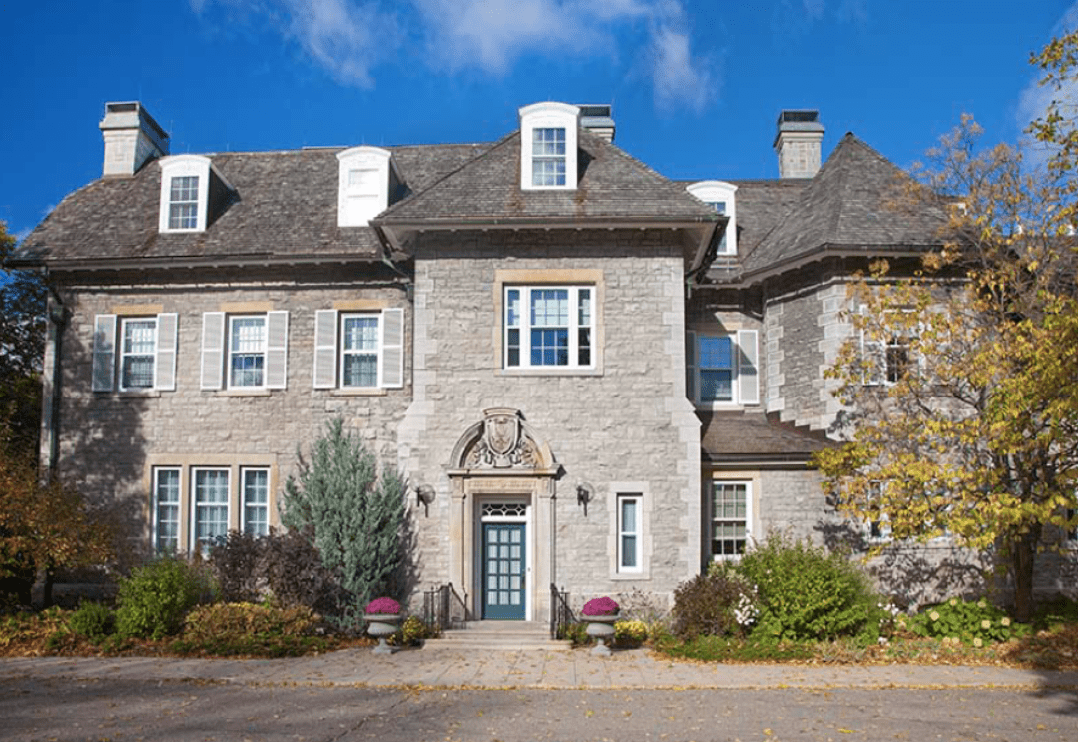Alberta New Democrats know beer.
They toiled for years at the low end of the political pay scale, more than likely swilling brews, not $50 Scotch or ice wine, during late night left wing get-togethers.
Their rise to power in 2015 coincided nicely with the mushrooming attention craft beer was getting from millennials. The NDP government saw an obvious opportunity. Alberta's small craft brewery sector was ripe for development into a thriving industry. What could be more feel-good: a business built on Alberta agricultural products bringing happiness to locals at community centres and down-home independent pubs?
So the government initiated a number of support programs and policies to speed up the Alberta sector. Now Alberta has 99 craft breweries, a leap from the 10 craft breweries the province had five years ago.
The government is busting its buttons over the success.
Now the Alberta government is developing national ambitions on the suds front, launching a trade challenge to open up the giant Ontario market to Alberta's beer and promising to expand its fight for inter-provincial beer free trade to other provinces.
Breweries in Alberta argue that they have been barred from free access to Ontario by a myriad of discriminatory regulatory fees and policies. In one case, Edmonton's Alley Kat Brewery had to pay $400 in lab fees to get $1,600-worth of its beer into Ontario, even though the well-established brewery must meet the same safety standards as any other brewery in Canada.
Naturally Alberta is railing against such blatant injustice. Just as Ontario and Saskatchewan breweries railed against the blatant injustice of Alberta policies created to give a hand up to craft breweries in the province.
In fact, Ontario's Steam Whistle Brewing and Saskatchewan's Great Western Brewing Company won court challenges against Alberta for discriminatory practices including markup policies for small breweries that favoured the domestic Alberta product over out-of-province brews, and a subsequent evening out of the markup coupled with subsidies to Alberta small brewers to offset the increase.
Does that make the Alberta position on interprovincial free trade a bit hypocritical? You might say that. The NDP's tactics to build craft brewing in the province have been quite effective, if not always particularly consistent.
In a two-pronged response to this week's NDP free trade challenge against Ontario, UCP Leader Jason Kenney has tweeted his support of the government. The UCP party statement is not quite so supportive.
"It's notable that the minister also announced this trade challenge at the same time as he abandoned his illegal subsidy that has cost Alberta millions of dollars in fines," said the party statement.
From another perspective, the government's subsidies may have just achieved their purpose and run their course. The NDP might have decided to run the risk of a fine or two to get the industry up and running. Maybe there was a benchmark — say 100 active craft breweries — that would trigger the end of protecting the nascent industry within Alberta's borders.
Now the second phase of developing that industry has begun, with the province's aggressive stance against Ontario the first volley in a larger battle to build Alberta craft beer's market and reputation across the country.
Some of that is already happening. The Vancouver Sun just ran a travel piece on Alberta focused on the craft scene in Calgary and that gushed, "If you're a beer lover, Alberta just might be one of the most exciting places on the planet to visit right now."
Beyond brewery jobs and buzz, of course, is the base principle of keeping politics simple and relatable. And booze is pretty darn relatable. At the height of Alberta's irritation with British Columbia over its attempts to block the Trans Mountain Pipeline, the first target the Alberta government aimed at was the B.C. wine industry, blocking it from importation to Alberta.
Now that the provincial election is approaching in the spring, the optics of the NDP standing up for small craft brewers is a simple, warm and fuzzy image. The UCP recognizes that and has shot back, saying the government is spending too much time on the issue. Of course they want to swing the spotlight back to the failure to get a pipeline lifted off the regulatory rack.
Even though it's not giant in the scheme of the provincial economy, the craft brewery success story is a winner for the NDP. And right now Rachel Notley's government needs a chill, refreshing victory to take the edge off.
Photo Credit: Labmanager.com










